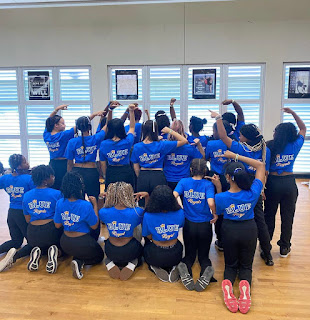Genre Blog: Horror
Horror Genre Blog:
Common Cut, angle, movement, shot in the genre
- Cut: Sharp and jarring transitions to create tension and surprise.
- Angle: Low and high angles to establish power dynamics or disorientation.
- Movement: Quick and erratic camera movements to heighten suspense.
- Shot: Close-ups to capture fear and anxiety, wide shots to display the eerie atmosphere.
Common Costume, lighting, actor, movement, and placement in the genre
- Costume: Dark and menacing attire to reflect the theme of horror.
- Lighting: Use of shadows and contrasting light to create an ominous and haunting ambiance.
- Actor: Intense facial expressions and physical reactions to portray fear and terror.
- Movement: Fast and erratic movements to amplify the sense of chaos and danger.
- Placement: Strategic use of framing to build suspense and tension.
Common Editing in your genre
- Jump cuts to create a startling effect.
- Parallel editing to build suspense by cutting between different moments of suspense.
- Slow-motion or fast-motion to exaggerate the intensity of certain scenes.
Common Sound in your genre
- Eerie background music or unsettling sounds to heighten fright.
- Effective use of silence to create anticipation and tension.
- Distorted voices or sound effects to unsettle the audience.
Example films of your genre
1. "The Shining"
2. "Get Out"
3. "Psycho"
What elements of the genre that you like A would use if this was your genre?
- Sharp and unexpected transitions to create jump scares and tension.
- Actors who can convey fear and terror convincingly through their expressions and movements.
- Strategic use of lighting and framing to create a creepy and unsettling atmosphere.
What elements of the genre do not appeal to you, and you would not use if this was your genre.
- Gratuitous violence or gore that becomes gratuitous and loses its impact.
- Excessive reliance on jump scares or predictable horror tropes.
- Poorly developed characters or weak plotlines that rely solely on shock value.

.jpeg)

.jpeg)
Comments
Post a Comment